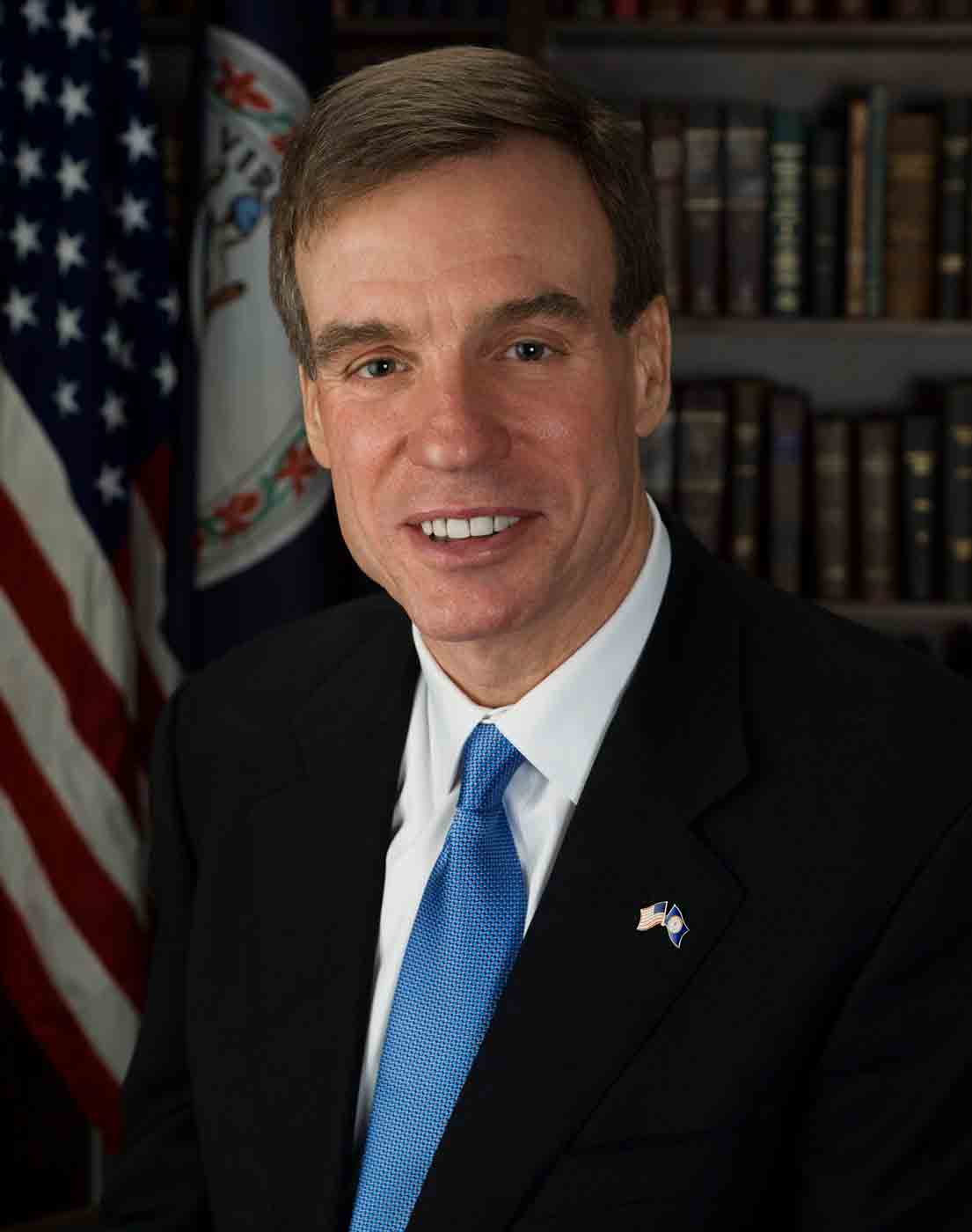D.C. Converges on Internet’s Edge
The smarter way to stay on top of the multichannel video marketplace. Sign up below.
You are now subscribed
Your newsletter sign-up was successful

Washington —The “Wild West” of unaccountable edge providers, whose white hats have been blackened of late, could be getting a new sheriff. Sen. Mark Warner, the ranking member of the Senate Intelligence Committee and someone on a number of people’s shortlists to run against President Donald Trump in 2020, has begun to outline ramped-up government oversight of edge providers.
There has been a movement on Capitol Hill to shed the “garage innovator” rose-colored glasses that have left the Googles and Twitters of the world relatively free of the government minding that the “core” of the network — that would be internet service providers — has faced.
Sen. Ron Wyden (R-Ore.), author of the provision that gave edge providers a liability carveout for their content, said the days of shielding online platforms are over, and it’s time to unsheathe the sword.
Warner, a Virgina Democrat and former cellular industry executive, has drafted something of a game plan for regulating the edge in a white paper that makes its motive clear in the title: “Potential Policy Proposals for Regulation of Social Media and Technology Firms.”
While the paper says Facebook, Google, Twitter, Amazon, Apple and others on the edge deserve kudos for their transformative tech, they also deserve “increased scrutiny.” Warner was helped toward that conclusion as one of the leaders of the investigation into Russian election interference and its use of social media, saying the probe has exposed “the dark underbelly of an entire ecosystem.”
Government has been either incapable or unwilling to address the impacts of troubling online trends on privacy, competition and the online public square, Warner said.
Warner said policymakers should focus on three major areas:
The smarter way to stay on top of the multichannel video marketplace. Sign up below.
• The ability of communications tech to promote disinformation that undercuts trust in institutions, the press, markets and democracy itself.
• The ability of communications technology to track users online across multiple devices, aggregate their data and profile them (citing Facebook and Cambridge Analytica as an example of how that information could be used to target voters inappropriately.
• The dominance of the internet by a few edge giants “poses key problems for long-term competition and innovation across multiple markets, including digital advertising markets (which support much of the Internet economy), future markets driven by machine-learning and artificial intelligence, and communications technology markets.”
Warner does more than identify the problems. He offers a host of possible regulatory backstops, including:
• Creating an affirmative duty for online platforms to identify inauthentic accounts and report them to the Securities & Exchange Commission, advertisers and the public.
• Making platforms liable for not removing “deep fakes” or otherwise manipulated audio or video.
• “Legislation that guarantees that platforms above a certain size provide independent, public interest researchers with access to anonymized activity data.”
• New disclosure requirements for online political ads (Warner has introduced a bill, the Honest Ads Act, to that effect).
• Giving the FTC rulemaking authority over privacy and data protection.
• Requiring first parties to opt in to data collection and use.
There is more, but the thrust is clear. FAANG is on notice that D.C. policymakers are going to start showing some teeth, too, something ISPs have pushed for.
Contributing editor John Eggerton has been an editor and/or writer on media regulation, legislation and policy for over four decades, including covering the FCC, FTC, Congress, the major media trade associations, and the federal courts. In addition to Multichannel News and Broadcasting + Cable, his work has appeared in Radio World, TV Technology, TV Fax, This Week in Consumer Electronics, Variety and the Encyclopedia Britannica.

